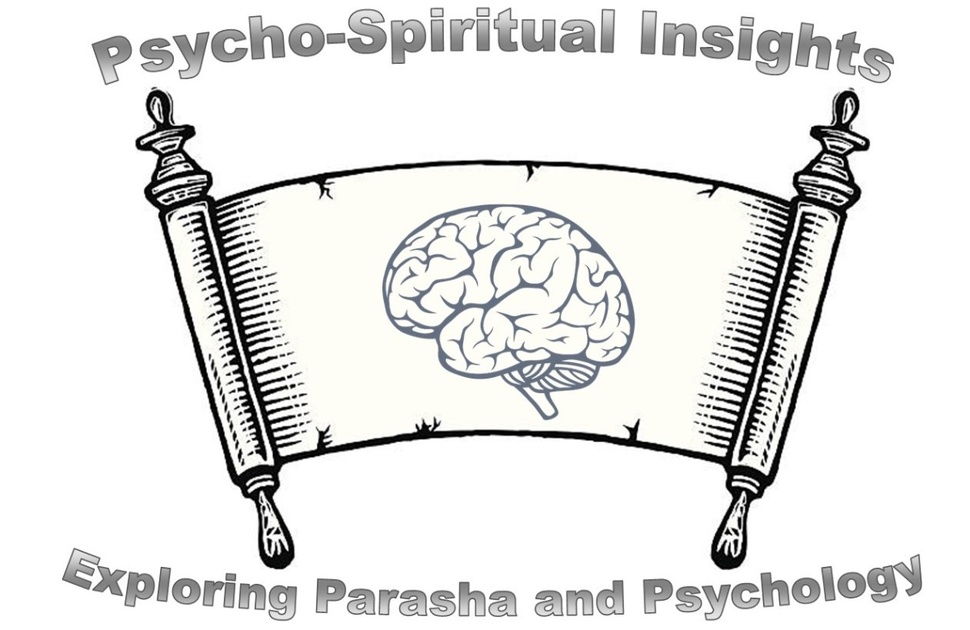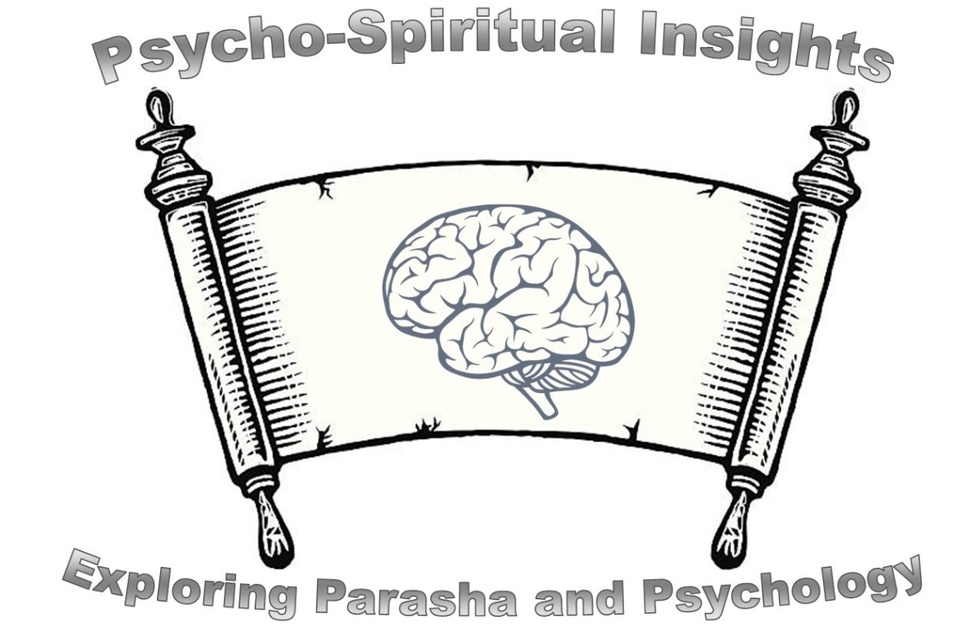
In this week's Parasha, Parshat Shelach, we encounter a fascinating insight into the psychology of communication. The Parasha tells of 10 spies who brought back frightening reports about the Aretz Yisrael resulting in Bnei Yisrael rebelling against Hashem, leading to 40 years of wandering in the desert.
At first glance, the initial report of the spies appears to be factual statements regarding what they surveyed.
“We came to the land you sent us to; it does indeed flow with milk and honey, and this is its fruit. But, the people who inhabit the country are powerful, and the cities are fortified and very large.”
They indicated the abundance of the land, agriculture, and natural resources available, providing praise for the land. They further gave an accounting of the strength of the cites, reconnaissance of the dwelling nations, and boundaries they kept, upon which uproar ensued in the nation. What led the nation to tremble in fear and break out into tears?
We can learn a valuable lesson from this episode through the lens of human psychology regarding communication. The spies joined their two factual states with the word ‘Efes’ translated here as But. Sometimes the smallest tweaks in our communication can have a transformative impact between others and us. The spies used a clinical linguistic term known as “The Emphatic But,” a device used to add emphasis or contrast in a sentence. It is used to introduce a statement that contradicts or opposes a previous statement in a more forceful or emphatic manner.
Examples would be:
- I appreciate your input, but I have a different perspective.
- Thank you for doing the dishes, but you missed a few dishes.
- You are doing the best you can, but you can do better.
In these examples often used in communication, especially between spouses and within parenting, the listener hears emphasis on the second part of the statement, negating the validation of the first part.
Revised examples would be:
- I appreciate your input, and I have a different perspective.
- Thank you for doing the dishes, and you missed a few dishes.
- You are doing the best you can, and you can do better.
By using "and" instead of "but," these sentences maintain a sense of agreement or connection between the ideas expressed. It encourages collaboration and the recognition of multiple perspectives rather than presenting a contrasting or opposing viewpoint.
The Parsha beautifully embodies this concept based on the word choice of the spies. In joining their statements they use the word ‘Efes’ translated above as ‘but’. The Ramban, Nachmonidies, says that the problem was not their report; it was in their word choice and inflection. The Gemara explain that the Torah’s first usage of a word serves as its archetype in the light of which all of its subsequent usages should be viewed. The first time ‘Efes’ is used in the Torah is in this very spot. ‘Efes’ is the Hebrew word for “zero” or “to nullify.” The spies meant to nullify or zero out their first statement of praise of the land and truly only reinforce the point that there is zero chance we can enter this land.
Three Tips for Better Communication to Reduce Contradictions
- Use "And" Instead of "But":
- Replace "but" with "and" to connect ideas and foster a sense of agreement. This subtle shift helps maintain the listener's attention on the positive aspects of the statement while also introducing additional thoughts without negating the initial praise.
- Acknowledge and Validate:
- Begin by acknowledging the positive aspects or the effort made by the other person before introducing your additional points. This ensures the initial statement is validated and not overshadowed by subsequent comments.
- Be Mindful of Word Choice:
- Choose words that convey connection rather than opposition. Avoid terms that might nullify the initial positive statement. This helps in maintaining a constructive and collaborative tone.
Amazing how one word can emphatically change the tone of their report and shape the future of the Jewish nation. May we strive to apply the lessons from the spies to our own communication and reduce contradictions to foster connections that are more emphatic.
Elan Javanfard, M.A., L.M.F.T. is a Consulting Psychotherapist focused on behavioral health redesign, a Professor of Psychology at Pepperdine University, & a lecturer related to Mindfulness, Evidence Based Practices, and Suicide Prevention. Elan is the author of Psycho-Spiritual Insights: Exploring Parasha & Psychology, weekly blog. He lives in Los Angeles Pico Robertson community with his wife and three children and can be reached at Elan.Javanfard@gmail.com.
 Previous
Previous

